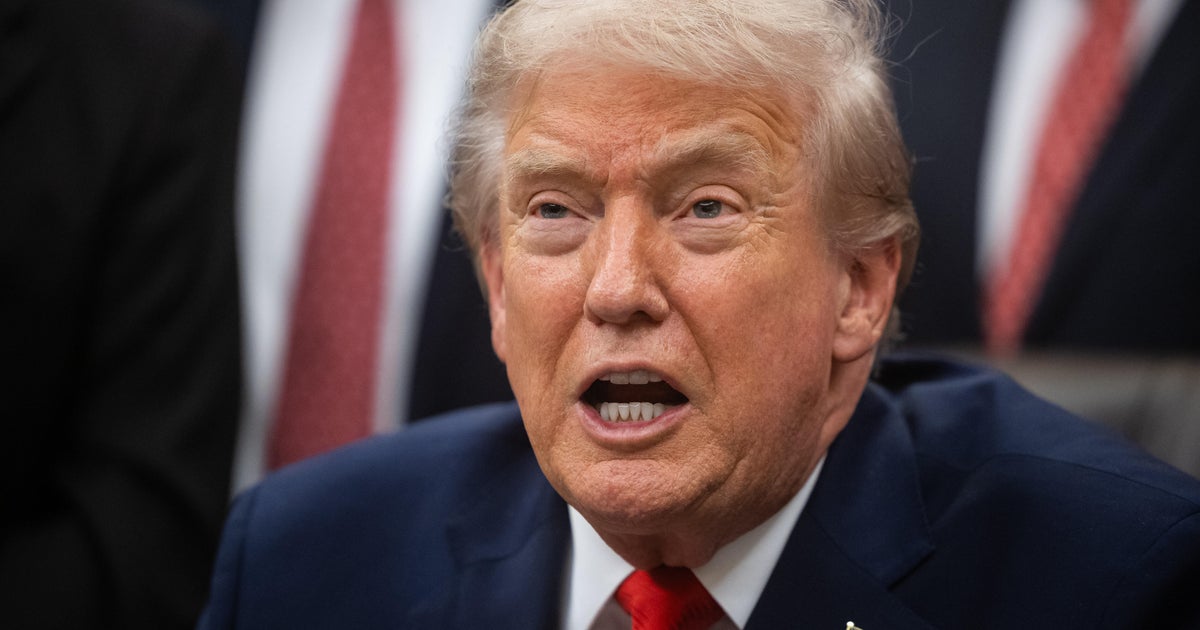Will Trump's infrastructure plan finally deliver?
Donald Trump won over voters partly by pledging to to rebuild the nation's increasingly decrepit bridges, roads, airports and other vital infrastructure. With the president set to deliver his first State of the Union address on Tuesday night, Americans may soon get a better idea of what he has in mind.
The plan is expected to fulfill Mr. Trump's promise to invest $1 trillion in infrastructure over a decade, an effort that many experts say would boost U.S. economic growth. That could also help the president reach his goal of 3 percent annual growth in America's gross domestic product.
Yet there's a major catch in Mr. Trump's plan: Only $200 billion of that planned $1 trillion in spending would be in federal dollars, with the balance coming from state and local governments as well as private investors. In other words, the federal government will invest $2 for every $8 invested by local towns or states in rebuilding their highways and bridges.
That raises the question of whether the plan would help the cities and regions that need the economic boost the most: rural areas and small cities where economic growth has lagged behind the rise of large metropolises like New York and Los Angeles.
The plan provides "far less than meets the eye," asserted Jacob Leibenluft, a senior adviser at the liberal-leaning Center on Budget and Policy Priorities, in a report. "The investment will only occur if states, cities and individuals are willing and able to pay more."
Only the financially strongest cities and states -- those with the ability to raise taxes on their residents -- may be able take advantage of the Trump administration's infrastructure plan, Leibenluft said. But even better off states may be under the gun this year because of the passage in December of a tax overhaul. The bill's cap on state and local tax deductions is expected to dampen taxpayers' willingness to accept the kind of local tax hikes that the White House is counting on to put shovels in the ground.
States and municipalities that do find a way to chip in will find that the investment pays off in the long run, said Michael Likosky, head of infrastructure at 32 Advisors, a company that provides economic advisory services on infrastructure projects.
"This approach would open up the economy widely both in the near-term and long-term," Likosky said in an email to CBS MoneyWatch. "We can't have economic growth in this country unless factories have cheap energy and water as well as logistics such as rail and broadband. Factories feed off of infrastructure."
The five states in the strongest fiscal condition are Florida, North Dakota, South Dakota, Utah and Wyoming, according to George Mason University's Mercatus Center, which bases its assessment on short- and long-term debt and other fiscal obligations, such as unfunded pensions.
Those states, which went to Mr. Trump in the 2016 election, have roads and bridges clearly in need of an overhaul, given that the American Society of Civil Engineers rate their infrastructure between C+ and D+.
The five states in the worst financial shape are all blue states except for one: Kentucky. The others are Maryland, Massachusetts, Illinois and New Jersey.
"The President's approach is how to get the most bang-for-the-buck with investments," Likosky said. "Rural regions and small cities are areas in which the economy has been suppressed because of decades of under-investment."
He noted, "They also have incredible community capability and were thriving for so many years prior to this sustained period of under-investment. Nobody has ever lost by betting on rural and smaller cities."
Still, because Mr. Trump is pledging a relatively small sum of federal money, the economic impact may not do much to lift the economy as a whole, according to Andrew Hunter, U.S. economist at Capital Economics.
Actual spending would depend on whether states and local governments are willing to pick up their part of the tab, he said in a research note. Private companies, which may be courted as part of Mr. Trump's plan to drum up investment, may shy away if they don't believe projects will provide a steady stream of revenue, he added.
Public-private partnerships have a mixed track record when it comes to funding development. Under these arrangements, governments typically hire private firms to build or manage anything from roads to parking meters, pledging a steady stream of payments over the course of a contract.
One infamous example is Chicago's $1.16 billion deal in 2008 to lease its parking meters to a fund managed by Morgan Stanley (MS) for 75 years. After the deal, some parking rates more than doubled to $6.50 an hour, leaving city residents grumbling. The partnership is expected to make a profit for the investment fund by 2020, giving it an additional 60 years of profit.
Likosky noted, "Voters and their elected representatives need to ensure that projects are structured right."



